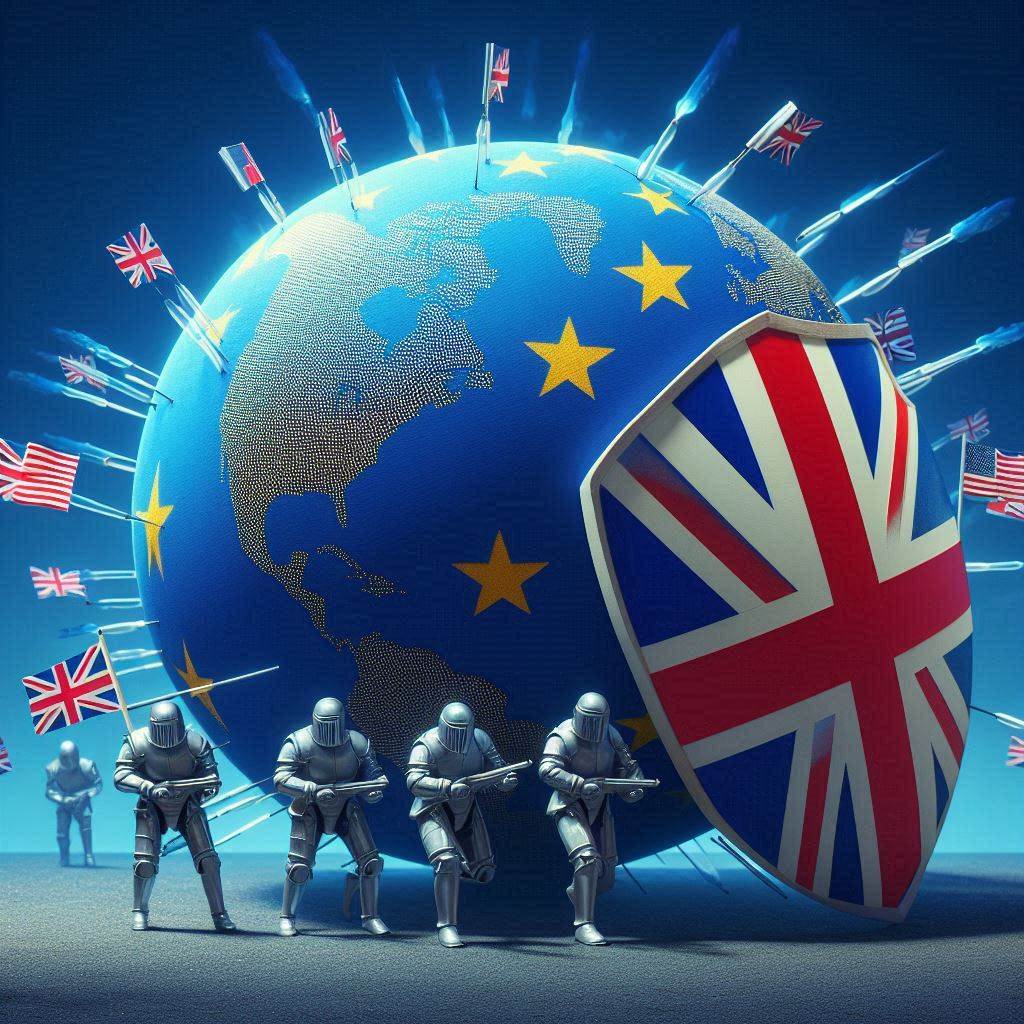
The European Commission issued guidelines in March for digital platforms with over 45 million EU-based users. The aim is to address online risks that could affect election integrity. Many platforms have also pledged to the EU's Code of Practice on Disinformation. A Commission spokesperson stated, "to address both misinformation and disinformation across their services.”
Tommaso Canetta, fact-checking vice director for the European Digital Media Observatory (EDMO), highlighted that disinformation narratives will often have national and local variations. He noted, “We expect the main disinformation narratives will have very national and local nuances".
Experts have found that previous European elections were targeted with disinformation on topics like climate change, immigration, and support for Ukraine. Roberta Schmid from NewsGuard mentioned that false claims about Ukrainian refugees and climate change policies are common. She observed, “a lot of the false claims are personal, meaning a lot of it is about specific politicians”.
Roberta Schmid emphasized the growing concern of deepfake audio. She mentioned, “Deepfakes has been around for quite some time now. The big difference is that they're getting better and better." Tommaso Canetta added that AI-generated audio can be convincing due to the absence of visual cues. He stated, "It's an issue for the average user to detect the artificial origin of the content."
During the 2023 Slovakian elections, Michal Šimečka faced a disinformation campaign with a fake recording. Canetta commented, “To debunk this kind of content, it requires time. So it can be potentially harmful for the elections.”
Most European political parties have signed a code of conduct pledging not to produce or disseminate misleading content. The Code of Practice on Disinformation also addresses “malicious deepfakes”. However, detecting them remains a challenge.
Experts warn against trusting AI chatbots. They can spread false information convincingly. Additionally, there are concerns about deepfakes used inappropriately, such as creating pornographic content targeting female candidates.
The European Commission conducted a "stress test" on April 24 for large platforms to demonstrate their plans against disinformation. Several platforms have increased monitoring. TikTok established an EU online election center, and Meta followed suit with its operations center.
Google has strengthened its anti-disinformation efforts through its task force Jigsaw. The company plans a campaign across five EU countries and is restricting election-related queries to its Gemini AI chatbot.
Platforms face fines up to six per cent of their global revenue if they don’t comply with the Digital Services Act (DSA). This act aims to mitigate election manipulation.
Experts advise voters to be cautious. Roberta Schmid suggested checking the source of information and being wary of doppelganger websites mimicking trusted media. Tommaso Canetta emphasized verifying information before sharing. He said, “There should be a right way in the middle” between skepticism and blind trust.